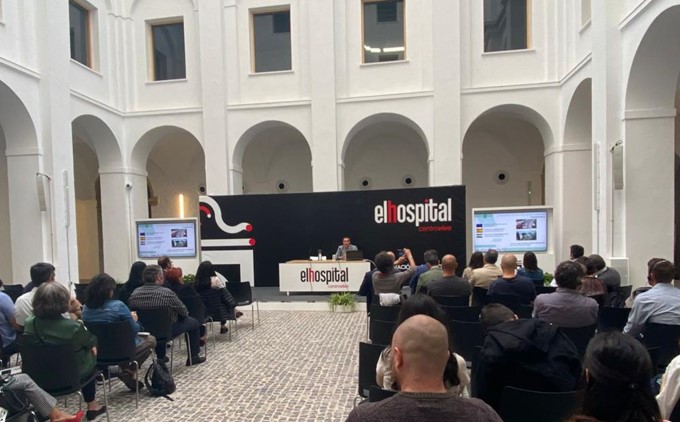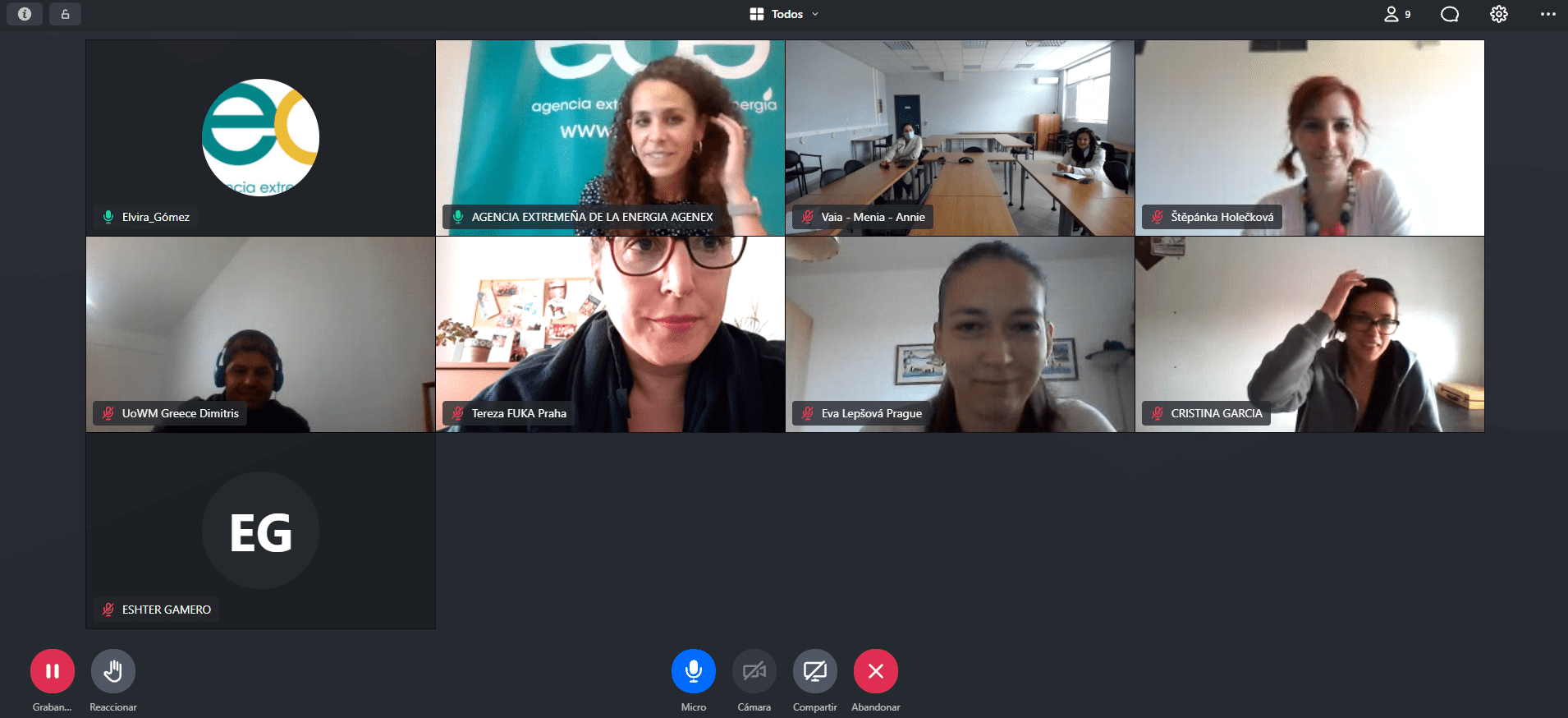From 10 to 13 May 2022, Plymouth City Council’s (PCC) and Devon County Council co-hosted their fellow partners from the FINERPOL and AGRORES projects for interregional Project Partner Meetings. This was an ideal opportunity to cultivate cross-collaboration for the urgent challenge of improving energy efficiency and increasing use of renewables.
FINERPOL was established in 2016 to increase the rate of refurbishment of buildings to improve energy efficiency, by enhancing access to investment. When the COVID-19 pandemic began, an additional phase was added to examine its impact on this mandate. 10 May saw FINERPOL partners from Spain, Greece, Britain, and Czech Republic, meet to share significant insights and provide updates regarding their projects. 20 visitors were welcomed by PCC, and intersections identified in community energy and the experience of PCC in facilitating a retrofit program with their partners Plymouth Energy Community (PEC). A Plymouth tour was then hosted to explore the range of energy efficiency measures currently being undertaken to further decarbonise heat and energy in the city.
On the 11th and 12th of May, Devon County Council hosted almost 30 AgroRES participants to exchange knowledge, experiences and passions surrounding renewable energy production and its uses within the agricultural sector. Attendees came from diverse backgrounds including farming, energy production, regional and national authorities, and educational institutions. The event focused on demonstrating Devon’s existing community energy projects, using resources to generate a safe and secure form of renewable energy. Devon’s rural landscapes provide the perfect setting for hydro, wind, and solar power, as well as the use of biomass for energy production. Community energy projects allow local economic gains to improve local well-being. Through increasing energy security and energy efficiency, environmental benefits are enjoyed as well as reducing fuel poverty.
Ky Hoare, project manager of Regen – an independent center of energy expertise and market insights within the UK – provided insight into key policies, programmes and initiatives that have shaped the sector. Regen’s mission is to transform the energy sector, accelerating the move to a zero-carbon energy system through advocating for policies and funding that provide long-term support for energy projects. The sector is resilient and adaptable. Important lessons include:
• Policies must focus on urban and rural energy funds that focus on building capacity
• Local communities and public bodies must be involved in community-based energy, with local and shared ownership and commitments to buying community-owned energy
• Local authorities can support community energy through
• Grants
• Training
• Supporting meetings and networking
Totnes Renewable Energy Society (TRESOC) managing director Ian Bright provided a specific example of a local RES society, tracing actions that have helped and hindered the movement to successfully incorporate community energy within society. Most recently, TRESOC was recently awarded a £25,000 grant from Team Devon’s Covid 19 Economic Recovery & Business Prospectus Fund to develop a Totnes Energy Local Club which would allow the consumer to pay less whilst the generator receives more. These projects support local communities in building resilience within the transition to net-zero and creating a just transition.
Andy Bradford, farmer of a 700 acre farm that has heavily diversified, discussed how one of these strategies is founding the Dartmoor Wood-fuel Co-operative, formed in 2009 through a grant awarded by the Bio Energy Infrastructure Scheme. In 2014, Rural Development Programme England funding secured storage of biomass chips, with funding in 2019 increasing capacity to 3000m3. Funding was key to the success of the co-operative which now supplies their membership’s 35 wood chip boilers. Members facilitate the growth of locally sustainable fuel sources and benefit from well-priced quality goods. The production of this biomass form also encourages environmental improvement through better forest management.
Finally, AGRORES & FINERPOL partners had the opportunity to engage with each other in groups. They discussed effective monitoring tools for, and potential barriers to, action plans; and the strengths, weaknesses, opportunities and threats posed by COVID-19 and the recovery period. A number of common themes emerged from the report back session – supply chain challenges; lack of qualified labour; the implications of home/remote working; the instability of political change; the need for updated or new legislation and regulatory frameworks and thorough education about the financial and health benefits of energy efficiency; and increased demand for renewables and energy self-sufficiency due to increasing gas prices.
Both AgroRES and FINERPOL are funded by the ERDF through the Interreg Europe programme.









